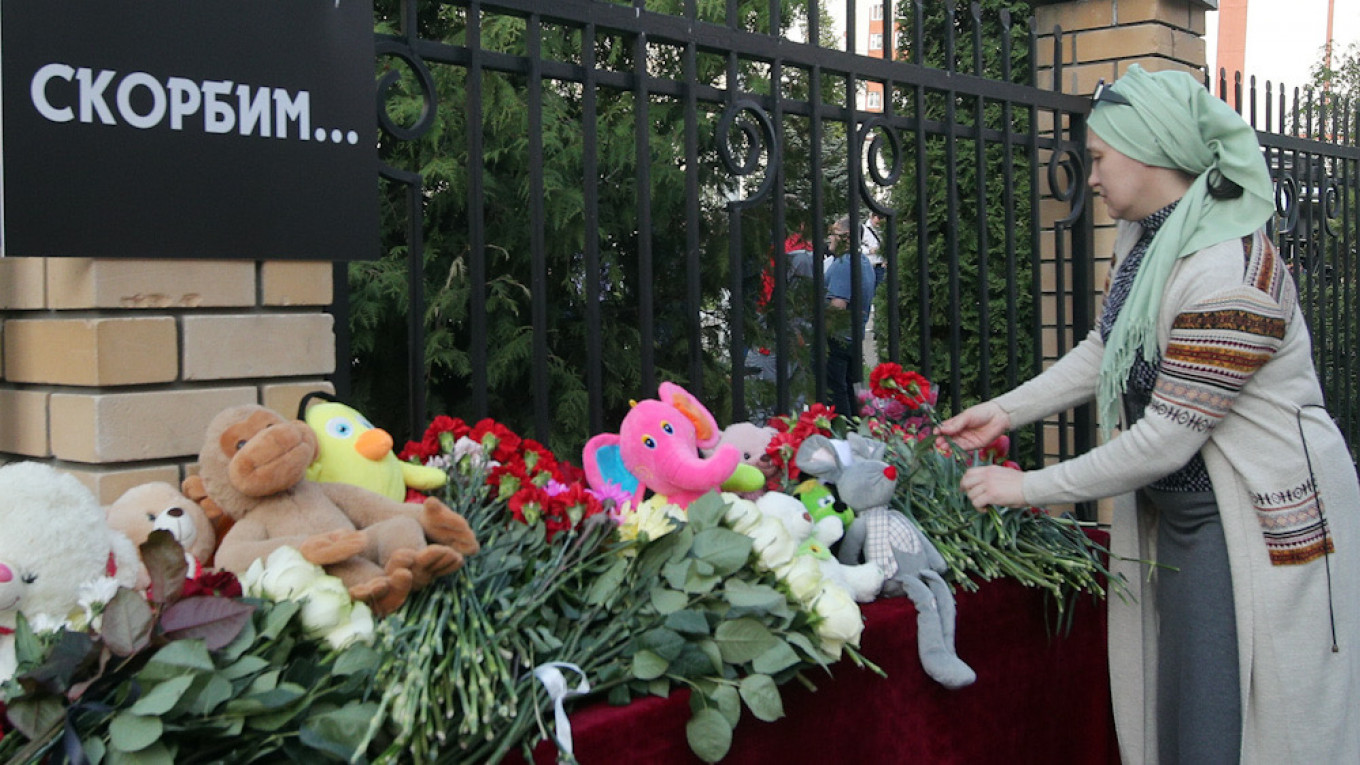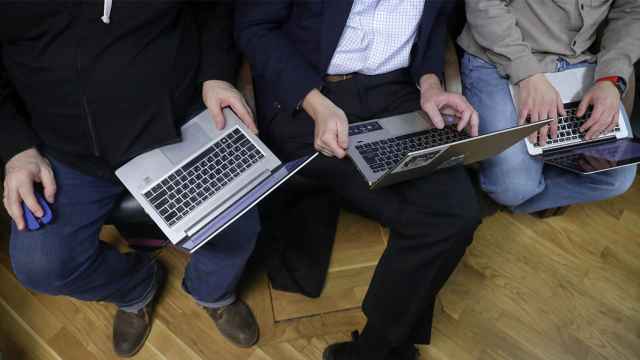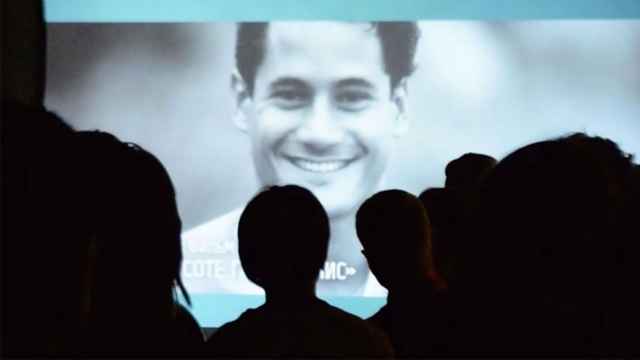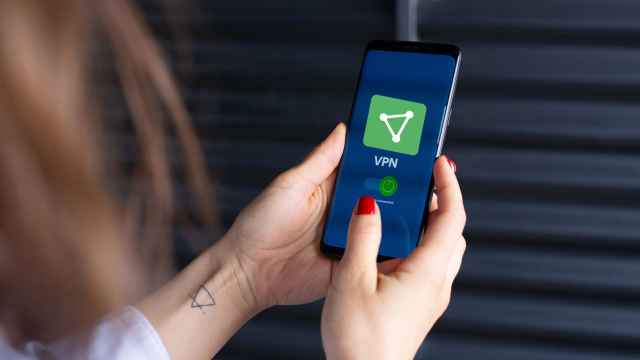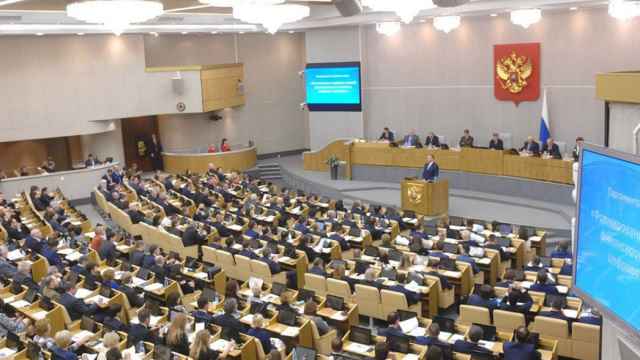Russia should do away with online anonymity to prevent future repeats of Tuesday's deadly shooting at a high school in the central city of Kazan, the speaker of Russia’s lower house of parliament has said.
Nine people, most of them children, were killed and over 20 were hospitalized when a former student opened fire at a Kazan school 820 kilometers east of Moscow. Officers detained the 19-year-old shooter, whose official motive remains unclear but who had reportedly announced plans to commit the massacre on social media.
State Duma Speaker Vyacheslav Volodin blamed the “all-accessible internet” for posing a “serious threat” to children in the wake of the tragedy.
Writing on social media Tuesday, Volodin said the legal measures that Russian lawmakers previously passed to shield teens from pro-suicide and pro-violence social media groups “are clearly not enough.”
“There are proposals to move away from anonymity on the internet, which according to the supporters of this idea will significantly reduce the amount of content that promotes violence and glorifies extremism,” Volodin said.
“This needs to be discussed,” he wrote on Telegram, the encrypted messaging app that Russian authorities unsuccessfully tried to ban for two years.
Internet freedom advocates have raised concerns that Russia’s targeting of foreign social media giants with fines or blocking threats may lead to Chinese-style censorship.
Volodin also wrote that lawmakers plan to debate a hastily drafted bill tightening rules for issuing firearms licenses after President Vladimir Putin ordered a review of gun control legislation following the shooting.
Putin’s human rights commissioner has joined several senators in proposing raising the minimum age for license-holders from 18 to 21 in the wake of the Kazan tragedy.
The Kremlin blamed the internet for anti-social behavior among youth after a series of deadly school attacks, including the 2018 Crimean college shooting. Authorities at the time pledged to block social media pages that propagate violence after reports said that some suspects may have been members of “anti-social” online communities.
A Message from The Moscow Times:
Dear readers,
We are facing unprecedented challenges. Russia's Prosecutor General's Office has designated The Moscow Times as an "undesirable" organization, criminalizing our work and putting our staff at risk of prosecution. This follows our earlier unjust labeling as a "foreign agent."
These actions are direct attempts to silence independent journalism in Russia. The authorities claim our work "discredits the decisions of the Russian leadership." We see things differently: we strive to provide accurate, unbiased reporting on Russia.
We, the journalists of The Moscow Times, refuse to be silenced. But to continue our work, we need your help.
Your support, no matter how small, makes a world of difference. If you can, please support us monthly starting from just $2. It's quick to set up, and every contribution makes a significant impact.
By supporting The Moscow Times, you're defending open, independent journalism in the face of repression. Thank you for standing with us.
Remind me later.


